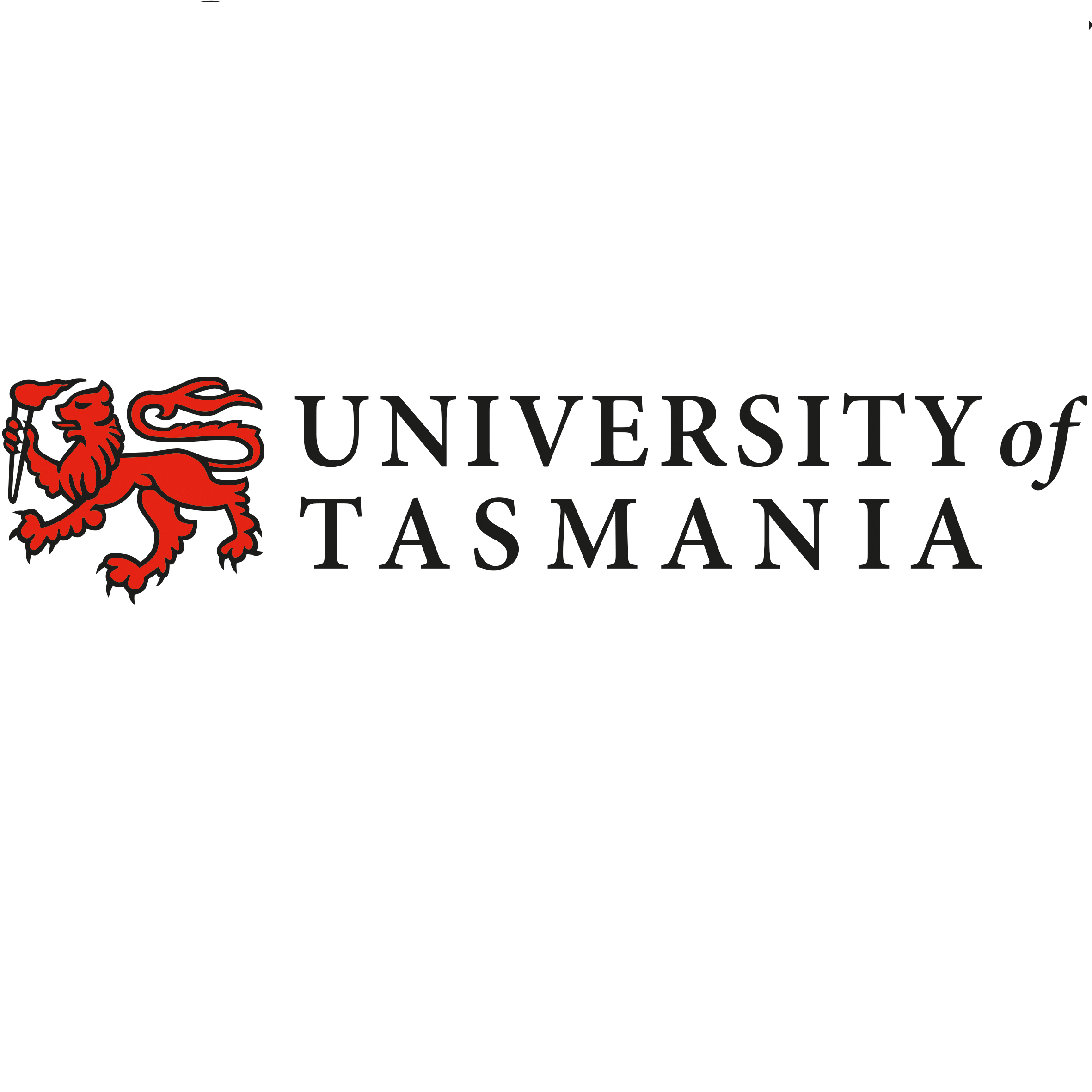Brief description
Investigations of the impact of sewage and heavy metal inputs on inshore rocky reef communities have been limited to date because the scale of information on levels of pollutants has been much broader than the span of transects at sites investigated. As a consequence, analyses have been confounded by poor information on the variety of stressors operating at any site. Finer resolution data on pollutants are needed. To address this deficiency, the influence of sewage, heavy metals and other pollutants were assessed by collecting sediment samples at Reef Life Survey ecological monitoring sites and measuring a range of associated markers. This includes basic biogeochemical information (pH, turbidity, total phosphate, TKN, total organic carbon), stable isotopes (delta15N, delta13C), heavy metal concentrations, hydrocarbon concentrations.Lineage
Maintenance and Update Frequency: notPlannedNotes
CreditNational Environmental Science Program (NESP) Marine Biodiversity Hub
Created: 2016-09-21
Data time period: 2015-09-01 to 2016-12-31
text: westlimit=137.419921875; southlimit=-43.8151880598; eastlimit=154.119140625; northlimit=-33.7385944009
text: uplimit=13; downlimit=3
User Contributed Tags
Login to tag this record with meaningful keywords to make it easier to discover
(NESP Project C2 [ANDS RDA record])
purl :
http://purl.org/au-research/grants/nesp/mb/c2![]()
global : 4db9bf7f-9469-4fc2-8746-3824427512d0
- global : 11075fdf-e53e-4d8c-8999-0b239a742243


